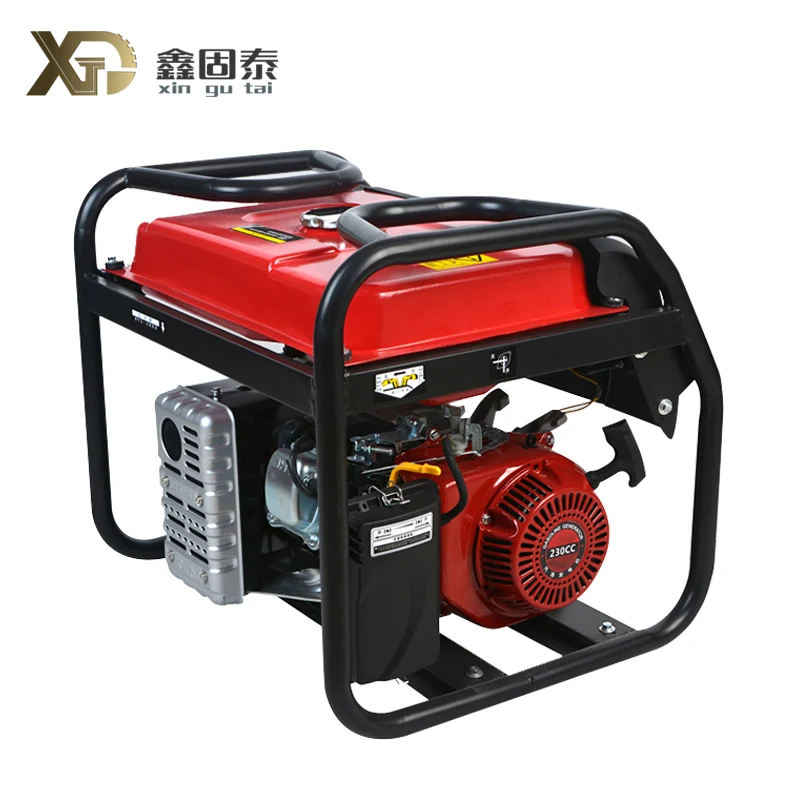The Essentials of Gasoline Generators: Powering Your Needs Anytime, Anywhere
2025-01-14
Gasoline generators are reliable and versatile devices used across various applications, from powering homes during outages to supporting outdoor adventures. In this blog, we’ll explore the essentials of gasoline generators and how they can serve your needs effectively.
What is a Gasoline Generator?
A gasoline generator converts the chemical energy in gasoline into mechanical energy and then electrical energy. It is powered by an internal combustion engine connected to an alternator, producing electricity to power appliances, tools, or devices.

Applications of Gasoline Generators
1. Emergency Power Backup:
- Keep your home running during power outages by powering essential appliances like refrigerators, lights, and heaters.
2. Outdoor Activities:
- Perfect for camping trips or RVs, ensuring you have electricity for cooking, lighting, or charging devices.
3. Construction Sites:
- Provide electricity to power tools in areas without a permanent power supply.
4. Small Businesses:
- Maintain operations during power interruptions with a reliable energy source.
Advantages of Gasoline Generators
- Portability: Lightweight models are easy to transport.
- Availability of Fuel: Gasoline is widely accessible.
- Cost-Effective: Initial costs are often lower compared to diesel or inverter generators.
- Quick Startup: Most models start quickly with a pull cord or electric start button.
Key Features to Look For in a Gasoline Generator
1. Power Output: Choose based on your energy needs, measured in watts.
2. Run Time: Consider models with larger fuel tanks for extended operation.
3. Noise Levels: Opt for quiet generators for residential or outdoor use.
4. Safety Features: Look for overload protection and low-oil shutdown.
Conclusion
A gasoline generator is a dependable solution for various power needs. By understanding its features and applications, you can select the perfect model to ensure uninterrupted power, whether at home, work, or on the go.


